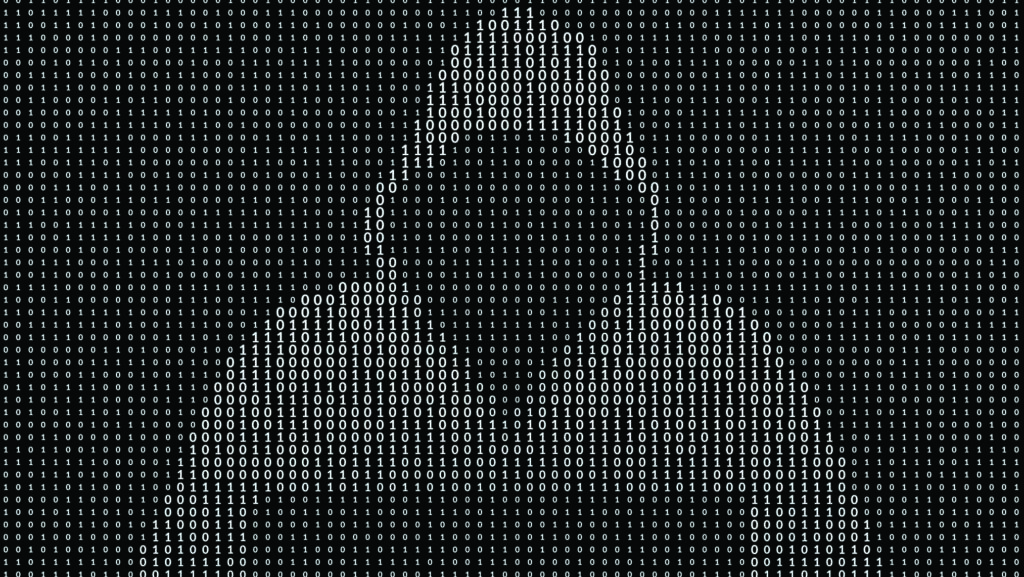
While it may not be accurate to say that cybercriminals specifically “love” dental practices, it is true that dental practices, like many other businesses in the healthcare sector, can be attractive targets for cybercriminals.
It’s also inaccurate to say that all dental practice owners do not believe in cybersecurity, as opinions and beliefs can vary widely among individuals. However, some dental practice owners or small business owners, in general, might not prioritize cybersecurity for several reasons:
Valuable Data
Dental practices store a wealth of sensitive patient information, including personal details, medical histories, insurance information, and payment details. This data can be sold on the dark web or used for identity theft and other fraudulent activities.
Lack of Cybersecurity Awareness
Dental practices, especially smaller ones, may not be as aware of the potential cyber threats they face or the importance of implementing robust cybersecurity measures.
Inadequate Cybersecurity Measures
Some dental practices may not have sufficient security measures, leaving them vulnerable to cyber-attacks.
Human Errors
Employees in dental practices might inadvertently fall victim to phishing attacks or other social engineering techniques used by cybercriminals.
Dependence on Technology
With digitizing patient records and administrative processes, dental practices rely more on technology, which can also increase their exposure to cyber threats.
Belief in Unlikelihood
Some dental practice owners may think that cyber-attacks are unlikely to happen to them, leading them to underestimate the need for cybersecurity measures.
Misconceptions about Security Measures
There could be misconceptions or a lack of knowledge about cybersecurity tools and practices. For instance, they might believe that simple antivirus software is enough to protect them from all threats.
Complacency
If a dental practice has not experienced any significant cyber incidents in the past, the owners might become complacent and underestimate the importance of staying vigilant.
Trust in Managed IT Service Providers
Dental practice owners might rely on their Managed IT service providers to handle cybersecurity without fully understanding the scope of protection needed.
Implementing cybersecurity best practices, educating staff about potential threats, and staying informed about the latest security trends are vital in protecting patient information and maintaining a secure practice. Regulatory requirements, such as the Health Insurance Portability and Accountability Act (HIPAA) in the United States, and PIPEDA is the Canadian version of American HIPAA legislation. It doesn’t only cover health information. Instead, its aims are much broader. They include banking, communications, and other industries that store personal data. This mandates specific cybersecurity measures for healthcare providers, further motivating dental practice owners to take cybersecurity seriously.
It’s essential for dental practices, regardless of their size, to recognize the importance of cybersecurity and take appropriate measures to protect patient data and their business operations. Implementing strong passwords, keeping software up to date, providing staff training on cybersecurity best practices, and regularly backing up data are steps dental practices can take to enhance their cybersecurity posture and, most importantly, frequently running a practical Cyber Risk Assessment.
Moreover, complying with relevant data protection regulations, such as PIPEDA, the Canadian version of American HIPAA legislation, and seeking guidance from cybersecurity experts can further help dental practices mitigate the risks associated with cyber threats. Being proactive and vigilant in the face of cyber threats is crucial to safeguarding patient information and maintaining the trust of patients and partners.
About the Author:

Christian Doroja has worked in IT for over 25 years – 10 of them in operations – and is currently the CEO of ITEK-Metallic Cyber Solutions. His passionate approach to his work with ITEK-Metallic stems from a family history in the medical field, with both of his parents working in different areas of the industry. That, combined with his love for technology, led Christian to develop his focus on supporting healthcare and dental practices. He understands the challenges they face regarding cybersecurity, compliance, and day-to-day IT tasks and is dedicated to making their lives easier. He can be contacted at christian.doroja@iteksolutions.ca










